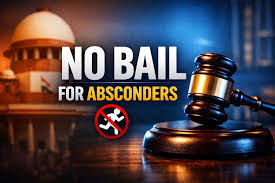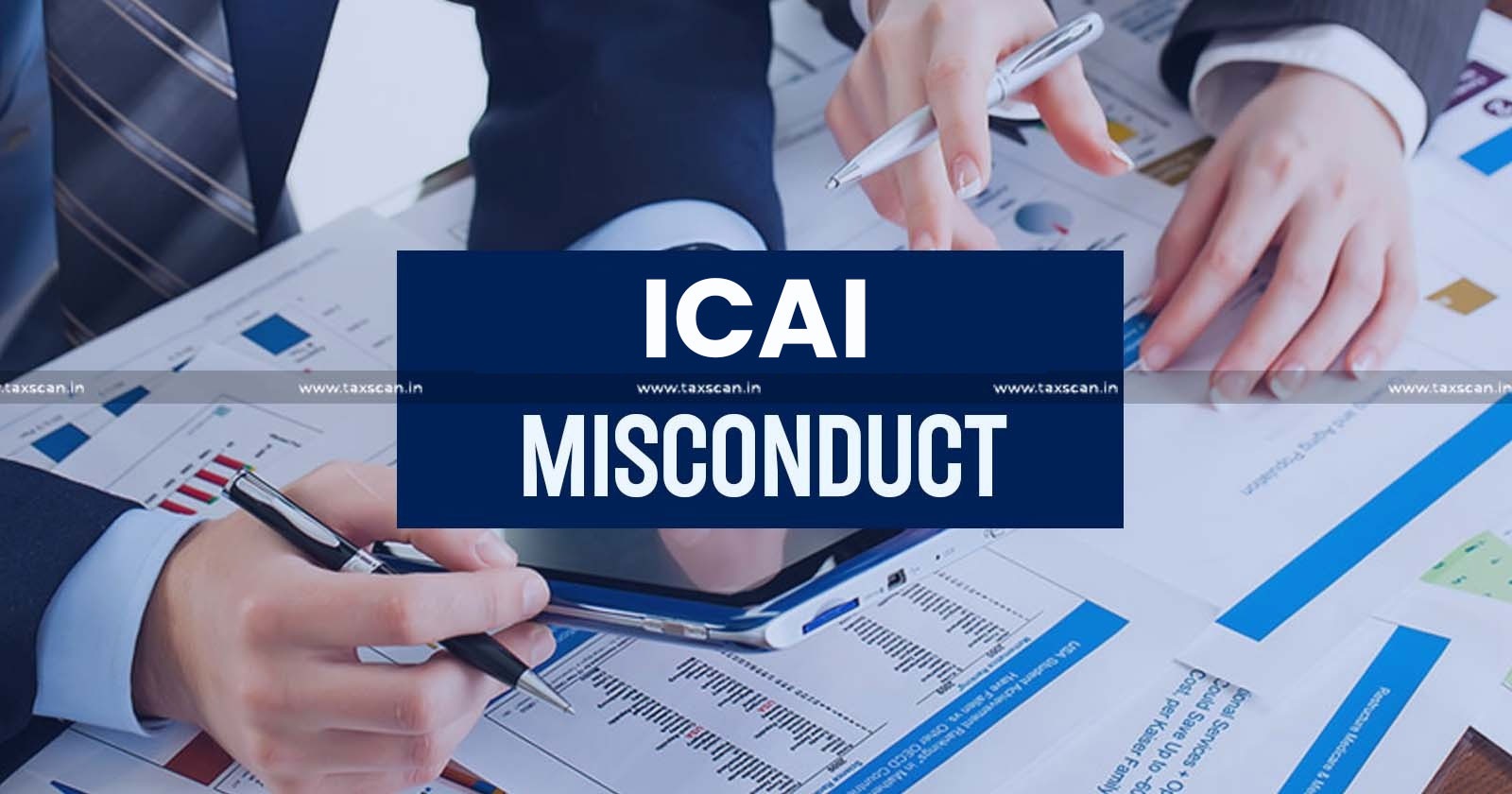B.A. Zaidi, J.@mdashIn proceedings (S. T. No. 125 of 2006), State v. Ram Autar and another, under Sections 302 and 201, I.P.C. pending in the Court of Additional Sessions Judge, Court No. 6, Bijnor P.W. 1, informant Kunwar Pal and his son P.W. 2 Anurag have been summoned. Both have turned hostile and were cross-examined by counsel for the State.
2. Both the witnesses have applied to the Court for being re-examined to give evidence in favour of the accused as they had earlier given statements under duress. Since Gaurav, son of informant (P.W. 1) was kidnapped by the relatives of the accused, the accused had assured them, that Gaurav will be returned, if they give evidence in their favour in the Court, and that is why, they gave evidence in their favour in the Court.
3. Since Gaurav has not been released and accused have resiled from their undertaking, they want to bring correct facts before the Court.
4. The Court allowed the application (vide order dated 1.6.2007) and that is why the present accused have come here in revision.
5. I have heard Sri Raj Kumar Khanna, advocate for revisionists and Sri S. D. Tripathi, Addl. Government Advocate for the State.
6. Counsel for the revisionist and counsel for the State have referred the following case law, which are as follows:
For the revisionists
1. Satyajit Banerjee and Ors. v. State of W. B. and Ors. (2005) 1 SCC: 2005 (1) ACR 236 (SC).
2.
For State
U.T. of Dadra and Haveli and Anr. v. Fatehsinh Mohan Singh Chauhan 2006 (11) UP CrR 715: 2006 (3) ACR 2663 (SC).
7. This is not a case where case law has any relevance, because the facts of each case are different. The question involved here is that of fact, and not of law. The question is ; as to whether in the circumstances arising in the case, it would be just and fair or not, for the witnesses being recalled?
8. Reference may be made to the case Jeet S. Bisht and Anr. 2007 (4) SC 362, decided on 18.5.2007, where the following observations were made by the Supreme Court "It is well-settled that a mere direction of the Supreme Court without laying down any principle of law is not a precedent. It is only where the Supreme Court lays down a principle of law that it will amount to the precedent."
9. No principle of law, as such, has been laid and the decisions referred to above were dependent on the particular facts of the case.
10. One of the well-settled legal principle is that in case of a controversy relating to admission or non-admission of evidence, the Court should normally take a lean in favour of the admission.
11. In the facts and circumstances of the case, the contention from the side of the revisionists is that the informant and his son (P.W. 2) want to re-examine them, filling in, the lacunae in the prosecution case. There is no question of filing any lacunae here, because P.W. 1 and P.W. 2 did not support the prosecution version at all, and were, therefore, cross-examined by the counsel for the State.
12. The informant and his son (witnesses) have given a specific reason, as to why they were forced, to depose in favour of the accused in their earlier statements. In order to examine this contention also, the reading of the statements of the two witnesses is necessary after re-examining them. It is only after their statements are recorded, the Court will be in a position to determine whether the averments made by them are correct or not? In order to discover the truth, the recording of their statements is warranted.
13. The statements of these witnesses will present the whole picture of the case, and then the Court can sift the evidence, and will be in a position to decide the issue effectively. There is, as such, no justification to gag the witnesses, and to restrain them from saying, what they now want to say, before the Court.
14. One of the argument advanced from the side of the revisionist was that the witnesses have no right under law to make an effort for their recall. In the first place, there is no specific bar to the same under law, and what is not specifically prohibited should be deemed permissible.
15. Besides this argument becomes redundant because the Court has the authority to recall any witness at any time, and it may do so on his own accord even though after an application about the same has been moved.
16. The order of the Court recalling witnesses is, therefore, justified and consequently, the revision fails and is dismissed.

